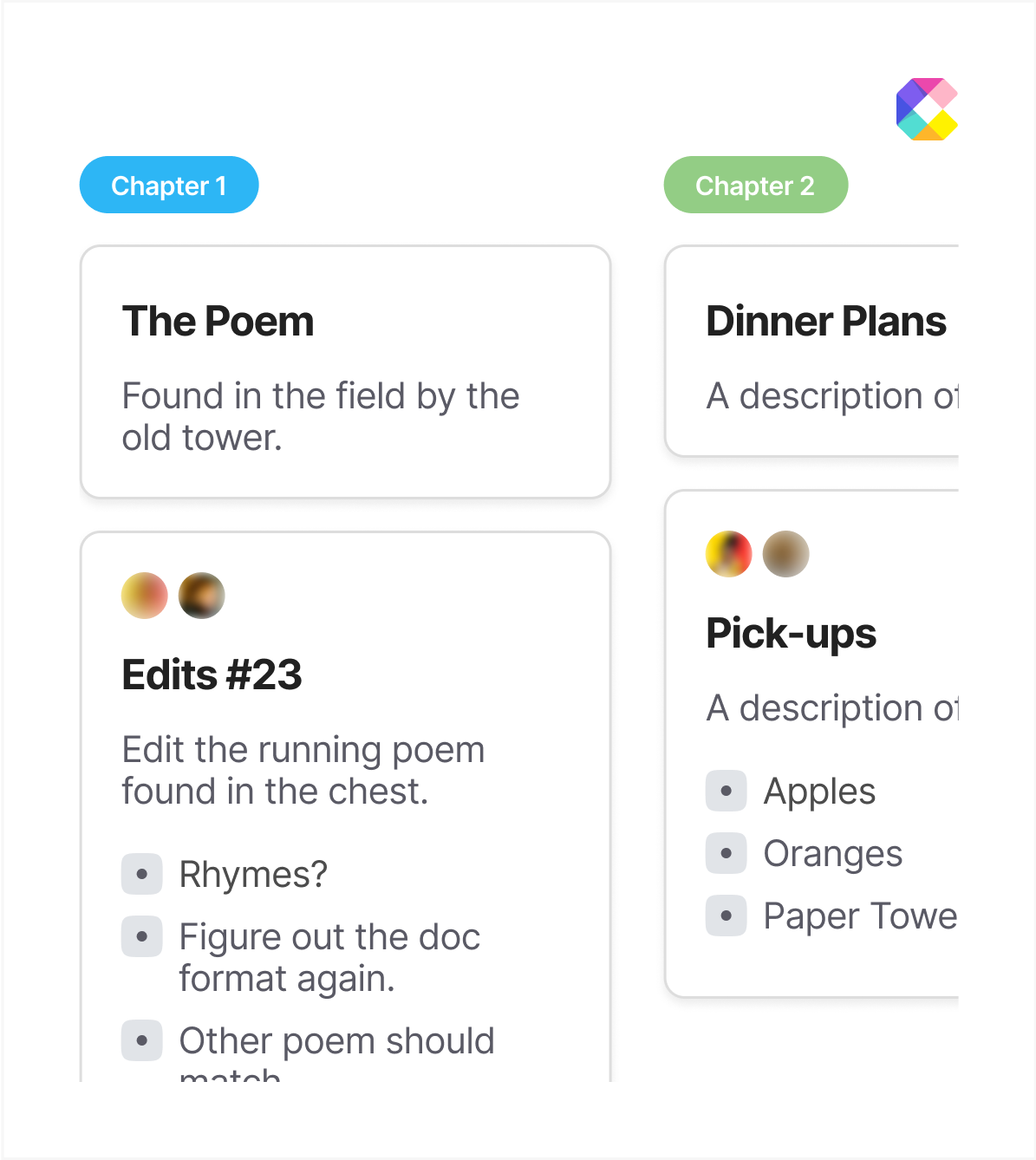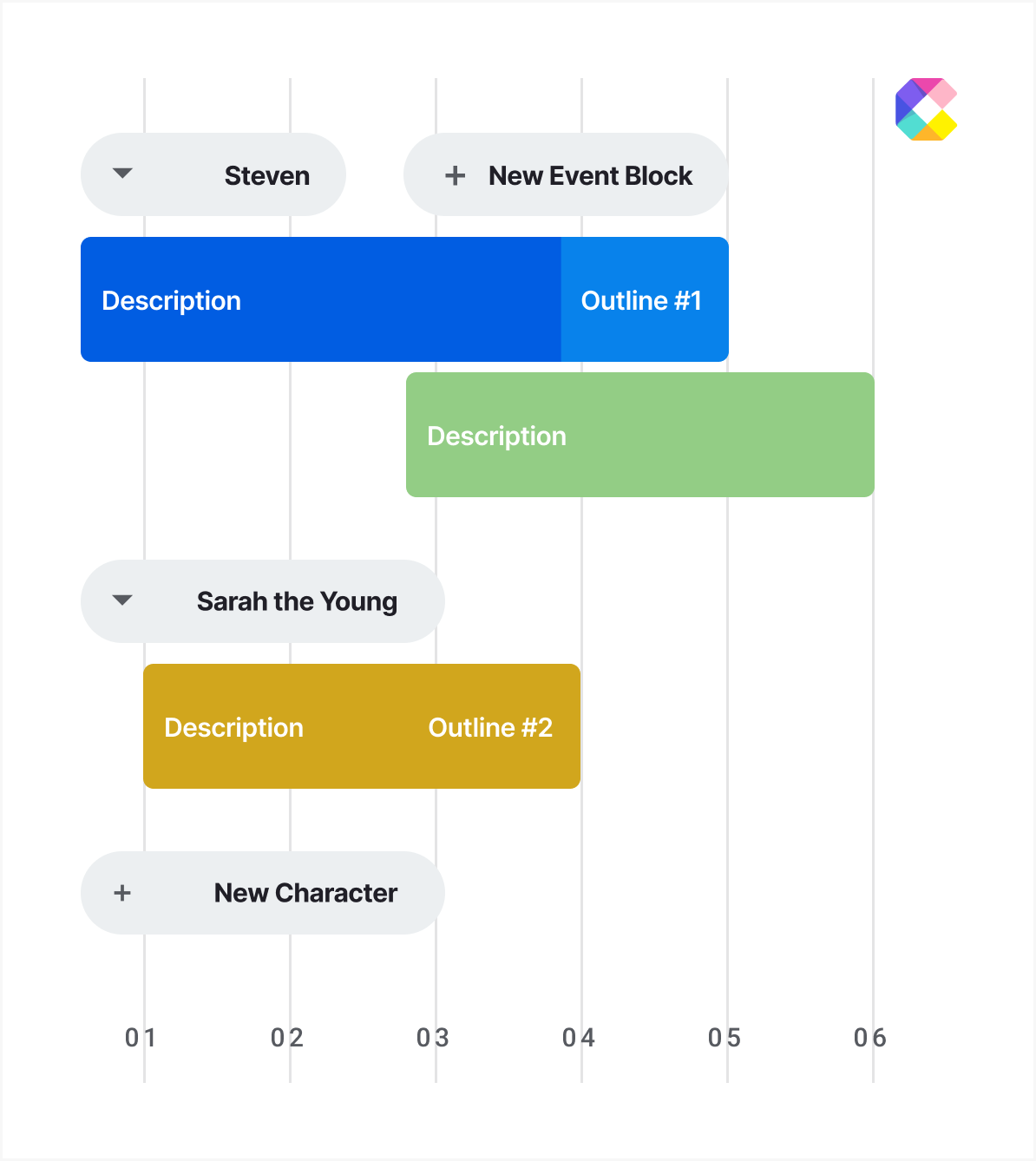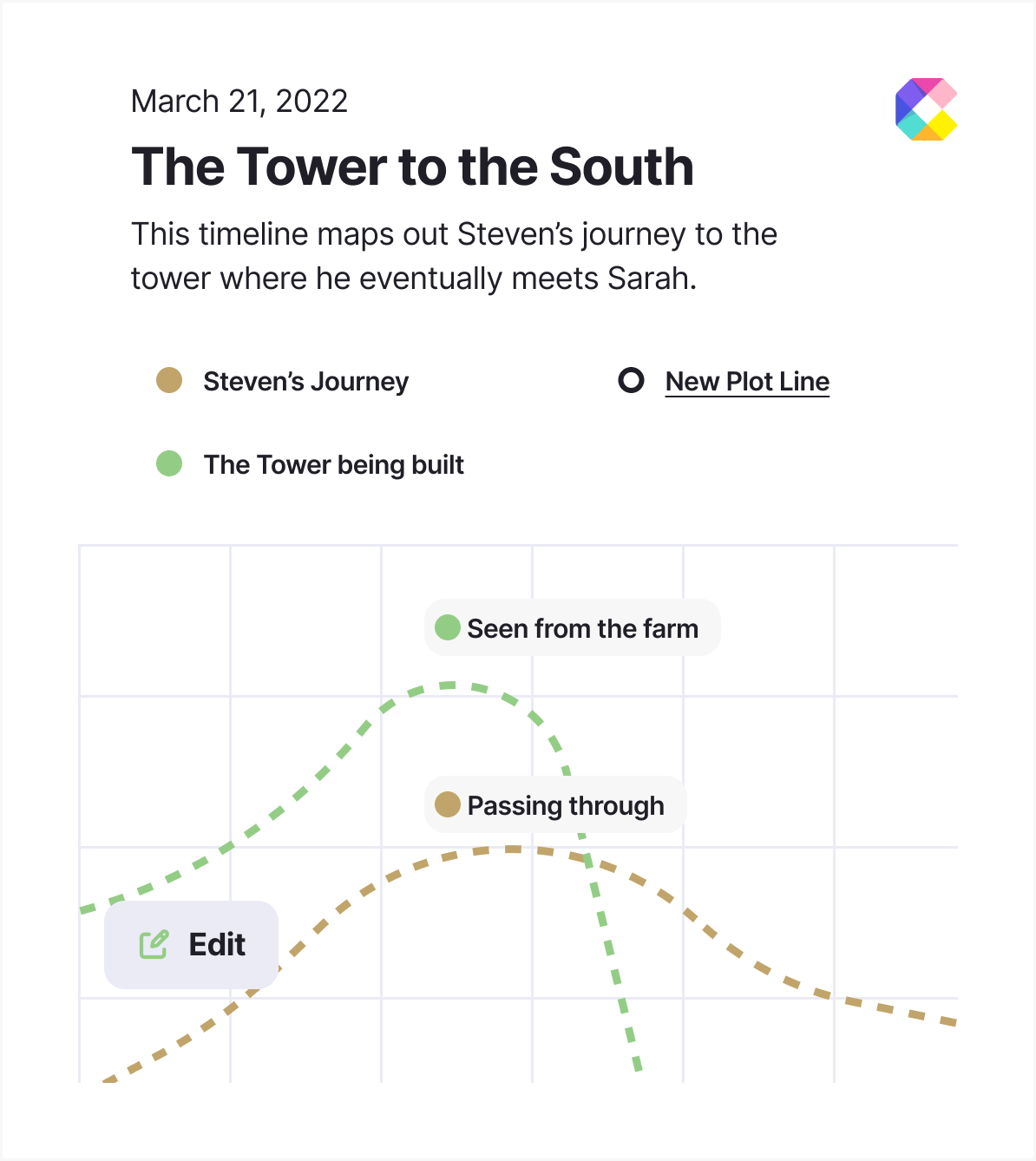If you don’t brainstorm, then your story might fall flat…
One of the closest-guarded secrets of pro and bestselling authors is simple. Brainstorm. Whether they do so alone or with a group of friends, or even with professionals, seasoned authors brainstorm their storylines.
Why? For a multitude of reasons. To surprise readers, to build powerful and intricate plots, to introduce twists no one expects, or simply to make sure their stories and characters are the strongest they can possibly be.
Even if you don’t have friends or professionals on your side—I’m sure you have friends, you’re a lovely person—you can still elevate your story using Charlii’s tips and tools for success.
You pour your heart and soul into your story, so don’t you owe it to yourself to make sure your story shines? We think so! That’s why we wrote this article—to help you take that next step in creating stories readers can’t put down and that you love.
No matter your skill level or understanding of brainstorming, you’ll learn everything you need to know and level up your writing knowledge and ability all in one short, fun read.
Why brainstorming is essential for every fiction author and tips to get the most out of your brainstorming sessions
We’ve all heard about brainstorming. But what does that mean in the context of writing? Many authors agree that brainstorming is helpful, but many struggle to explain or utilize this powerful tool in their own writing. As a result, brainstorming becomes a buzzword that’s not put into practice as often as it probably should be.
So what is brainstorming?
Brainstorming is every author’s ‘get out of jail’ free card. No, I’m not giving you a pass to commit a crime (seriously, don’t do that) but no matter what kind of writing bind you find yourself in, brainstorming can help.
When brainstorming, you’re coming up with ideas, angles, concepts, and plot points that can happen in your story. It doesn’t have to be pretty or organized in the first step of brainstorming. Basically, you’re thinking up problems, and solutions to said problems. You’re dreaming up conflicts, character growth and how to push your character along a narrative path that guarantees the outcome of your story that you—and your readers!—will love.
What if you already have your ideas?
Here’s a secret that many new authors don’t know but many seasoned, bestselling authors do; your first idea generally isn’t your best.
I’m not saying your first idea is bad; please don’t misunderstand.
I’m simply saying that ideas become stronger when you brainstorm. Some of the best twist endings come from authors twisting ideas, changing and rearranging them, but everything starts with brainstorming.
Pro Tip: if you have your ideas and you’re in love with them, don’t worry about changing. Loving what you write creates stronger books that readers are more prone to connect with. However, even if you love your idea, try coming up with new ideas, because there’s a chance you’ll come up with something you love even more than you’ve already planned.
Never be afraid to just put ideas out there! Even if they don’t work, there’s the possibility that your next idea will be the one that makes your book a cut above the rest! So just keep thinking about what would make things more interesting, more exciting, more difficult for your characters, etc.
Not every writer is the same.
Let’s look at some basic principles of brainstorming in fiction.
Are you a lone wolf writer? Mysterious and smart, you solve your own problems in your writing, and figure things out without help.
Are you the social writer? Do you love discussing your ideas with empty-eyed family and friends, or even amongst other authors in writing groups?
Maybe you’re somewhere in between—but either way, brainstorming tends to work better when you’re talking with someone else. Yes, even if it’s Aunt Janie and she’s glazed over, not paying attention while you ramble on about your super-spicy highlander romance.
Why?
Because talking—out loud—about your ideas helps you compartmentalize them, organize them, and hone them into sharper, better versions. By describing what your story is about to someone else, you hear your ideas, and your mind actively tries to break them into digestible, easily-understood concepts that even Aunt Janie can understand.
This also means you’re making connections and paths between ideas, working out how to get from point A to point B, and figuring out your character’s arc. All these thoughts help organize your ideas and solidify your writing plans.
Bonus points if you’re also walking or doing menial tasks (I’m looking at you, endless dirty dishes.) because minutia tends to allow your brain to wander. And when your mind wanders, ideas emerge. If you walk, jog, work a day job, have emails to answer, laundry to wash, kids to care for, etc. these are all great times to thinking about your story and come up with new ideas, exciting twists, or even just trying new angles. Sometimes coming at a story from a new perspective (for example, a different character’s point of view) can make all the difference and make a great idea amazing.
But isn’t quality over quantity more important?
In brainstorming, the answer is simple—no.
Let me explain; I’m a firm believer that there are no bad ideas in fiction. I think there are genre-inappropriate ideas. I think there are ideas that lean on tropes. I think ideas can be overdone. But I also believe that two of these issues can be handled by taking a fresh, unique perspective and writing from there.
With genre-inappropriate ideas, I’m referring to breaking reader expectations in a negative way. Main characters cheating on one another in a romance novel, for one. Though there are some subgenres where this is an acceptable story angle, the majority of romance readers think cheating is unacceptable under any circumstances.
So let those ideas flow! Write them down. If they seem too complicated, then you should try to find a way to make them fit and flow logically, if nothing else to strengthen your storytelling and problem-solving skills. Some really incredible stories have come from authors brainstorming truly off the wall ideas and finding a way to make them fit. And by finding a way to make them fit, I mean smoothing them out and working toward making the ideas flow logically. Readers won’t like a story that doesn’t make sense. They will love a story that surprises them.
In all honesty, thinking outside the box and bringing crazy or weird ideas to the table makes for some powerful storytelling.
I have no friends and my family is tired of listening to me talk about my ideas. What now?
We’ve all been there.
However, there are a lot of writer forums, groups, social media pages, and so on where you can connect with like-minded authors. This is a great way to find friends and helpful resources to assist you on your author journey.
From sprint writing partners to brainstorming buddies, to other industry professionals, I recommend you scour your favorite social media platforms and find author groups you can connect with. This is also a wonderful way to share advice, learn new things, and strengthen your knowledge of your niche and the craft of writing.
There are groups dedicated specifically to brainstorming, too, so take some time, look around, and find groups that fit your needs and wants. Of course, you need to take precautions and be careful on the internet. Or don’t. I’m not your mom.
And if you’re worried about someone stealing your ideas—a valid concern, of course—I wouldn’t worry too much. First, you can find a few people you can build up trust and rapport with and ask them to be your brainstorming buddies rather than post for an entire group to see. But, in the event someone writes a book using your idea, rest assured that no two authors will write the same exact idea the same way.
Read that again.
Even two amazing authors using the exact same idea will write two totally different books. None of us think the same. We’re all products of our upbringings, experiences, morals, world views, etc. So no two people could even write the same story on accident. So don’t stress too much!
I can also promise you that someone else has written an idea like yours before. A good writing mentor will tell you that everything has been done before; it’s on you to try to find a fresh perspective, exciting new angles, or other unique ways to approach stories.
Oh, and that solves two problems: you can find brainstorming buddies and friends.
Still not convinced?
What if I told you that brainstorming and forming a plan for your writing helps remove some of the stress of writing? By creating a clear path through your books by creating a series of events, you eliminate the worry of coming up with what’s next, the worry about plot holes, and the overall strain of creativity. Because, yes, there is strain to creating. Writing is hard work, no matter what everyone says when you tell them you’re a writer. Knowing what happens next makes your story flow from brain to fingertips (or to the mic, if dictation is more your style).
Speaking of plot holes: many authors run into the problem of not knowing how to work their way out of the problem. A plot hole is where you write yourself into a corner with no exit strategy in your story, and the plot itself contains a fatal flaw. Brainstorming and outlining can help avoid this headache and save you heartache—and dreaded edits—later on.
What is the best brainstorming method for you?
Honestly, no one can answer this question for you.
There are plenty of methods to brainstorming, but like most other writing processes, there’s no one right answer. You might have to experiment, try new things, and keep an open mind. Which is great, because, as authors, keeping an open mind is important for creativity.
Good luck and don’t give up!







